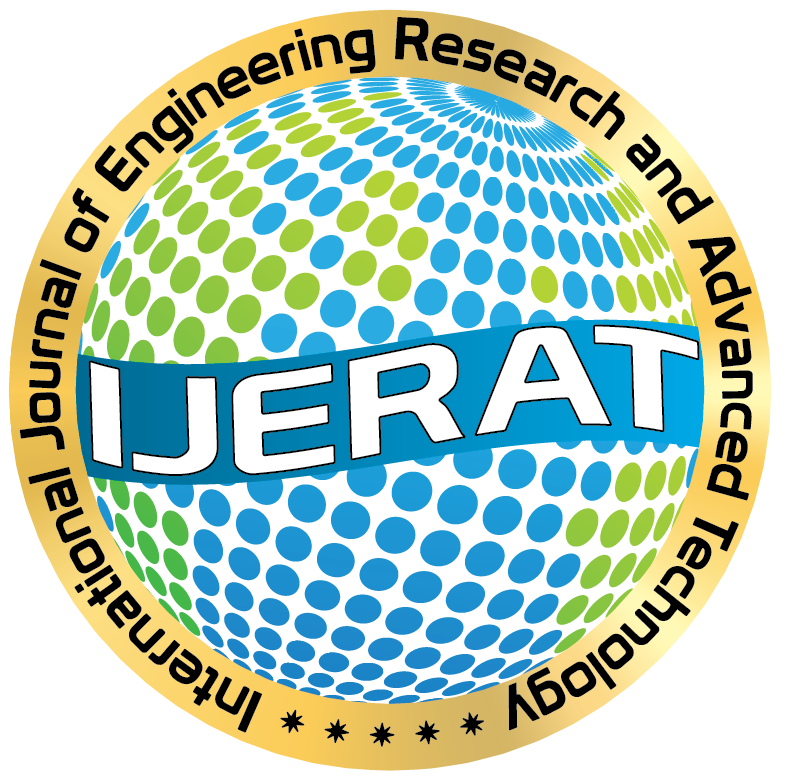Artificial intelligence (A.I.) in Social Sciences: A Primer
DOI:
https://doi.org/10.31695/IJERAT.2021.3696Keywords:
Artificial Intelligence, Fuzzy logic, Machine learning, Deep learning, Social SciencesAbstract
Artificial intelligence (AI) is the intelligence exhibited by machines which can do similar work with human consciousness. It refers to systems that can perform tasks that in the past had required human intelligence. AI is now being used in an ever-growing range of human activities. The proliferation of AI technologies is yielding substantial societal benefits, ranging from more efficient supply chain management to more reliable medical diagnosis. This paper is a primer on the uses of AI in social sciences.
References
M. N. O. Sadiku, Emerging Internet-Based Technologies. Boca Raton, FL: CRC Press, 2019.
United Nations, “Towards an ethics of artificial intelligence,”
https://www.un.org/en/chronicle/article/towards-ethics-artificial-intelligence
M. N. O. Sadiku, "Artificial intelligence", IEEE Potentials, May 1989, pp. 35-39.
“Artificial intelligence – Overview,” July 2020,
https://digicloud.com.ph/artificial-intelligence-overview/
M. N. O. Sadiku, Y. Zhou, and S. M. Musa, “Natural language processing in healthcare,” International Journal of Advanced Research in Computer Science and Software Engineering, vol. 8, no. 5, May 2018, pp. 39-42.
“Applications of AI and machine learning in electrical and computer engineering,” July, 2020,
https://www.researchgate.net/figure/AI-domains-see-online-version-for-colours_fig2_327215281
T. Miller, “Explanation in artificial intelligence: Insights from the social sciences,” Artificial Intelligence, vol. 267, 2019, pp. 1-38.
A. Checco et al., “ AI-assisted peer review,” Humanities and Social Sciences Communications, vol. 8, no. 25, 2021.
J. Cassell, “Artificial intelligence for a social world,” Science and Technology, vol. 35, no. 4, Summer 2019, pp. 29-36.
M. R. Frank et al., “Toward understanding the impact of artificial intelligence on labor,” PNAS, vol. 116, no. 14, April 2019, pp. 6531-6539.
“Why AI needs the social sciences,”
https://www.mcgill.ca/arts/article/arts-research/why-ai-needs-social-sciences
M. R. Frank et al., “AI and the social sciences used to talk more. Now they’ve drifted apart,” July 2019,
https://insight.kellogg.northwestern.edu/article/artificial-intelligence-ethics-social-questions
L. Pogan and R. I. Popa, “A theoretical and practical comprehensive framework for
artificial intelligence and socio-psychological challenges,” Bulletin of the Transilvania, vol. 13(62), no. 1, 2020.
M. Tambe and E. Rice (eds.), Artificial Intelligence and Social Work. Cambridge, UK:: Cambridge University Press, 2019.
P. Attewell and D. Monaghan, Data Mining for the Social Sciences: An Introduction. Oakland, CA: University of California Press, 2015.
Downloads
Published
Issue
Section
License
Copyright (c) 2021 Matthew N. O. Sadiku, Omobayode I. Fagbohungbe, Sarhan M. Musa

This work is licensed under a Creative Commons Attribution 4.0 International License.









